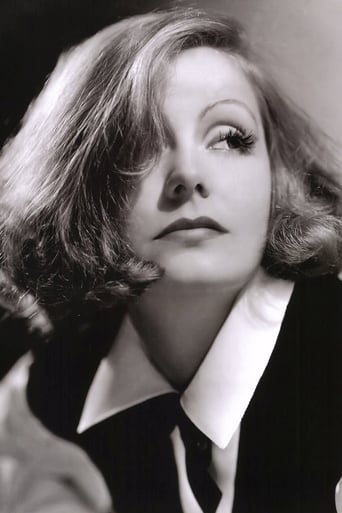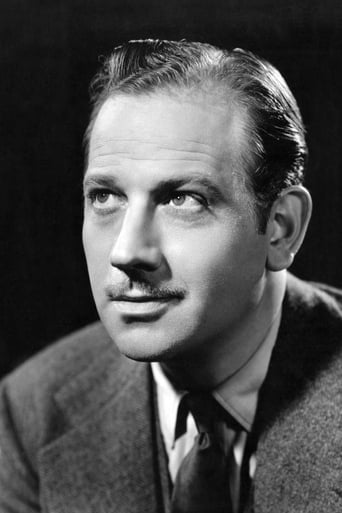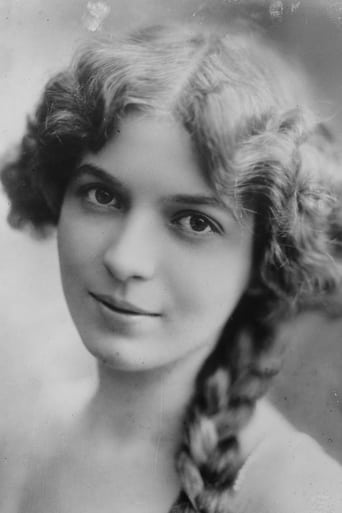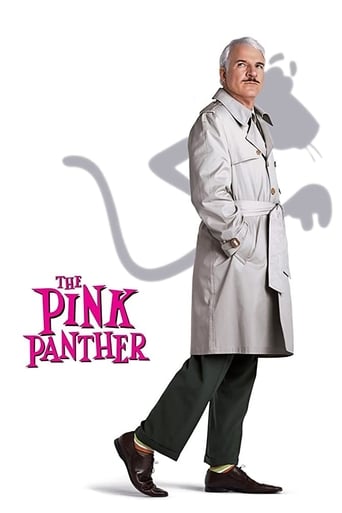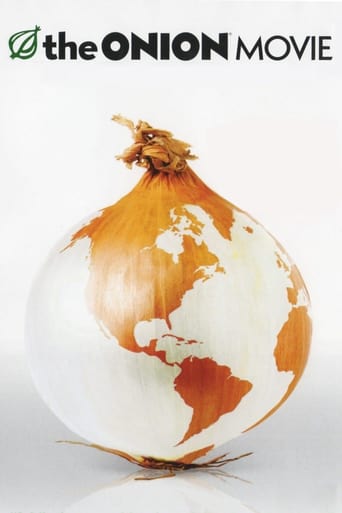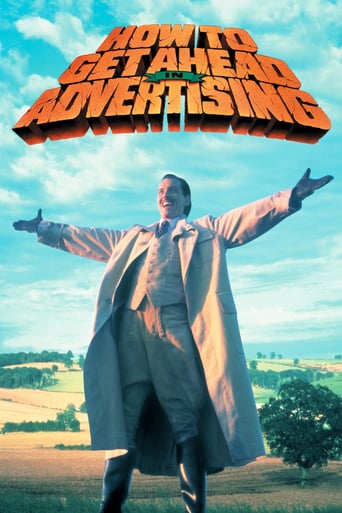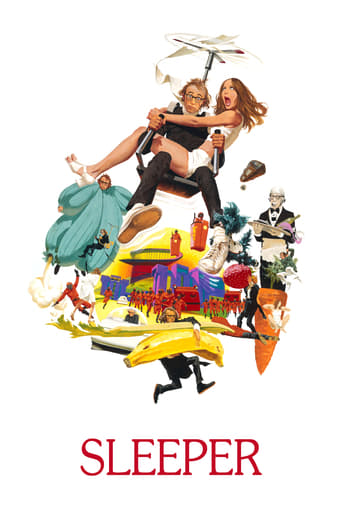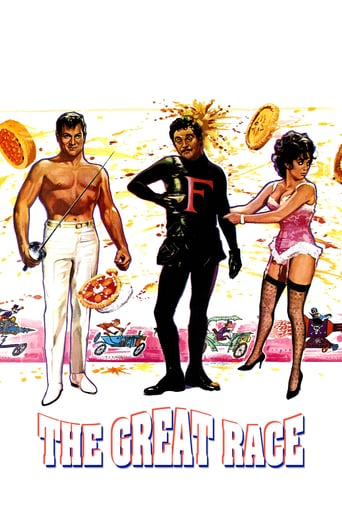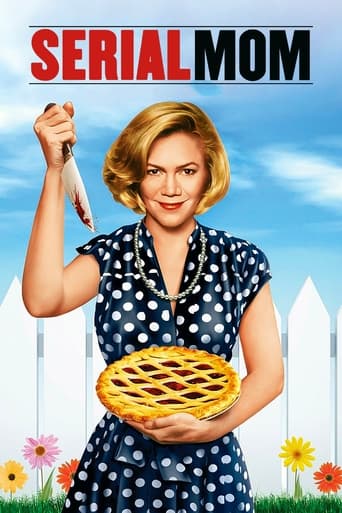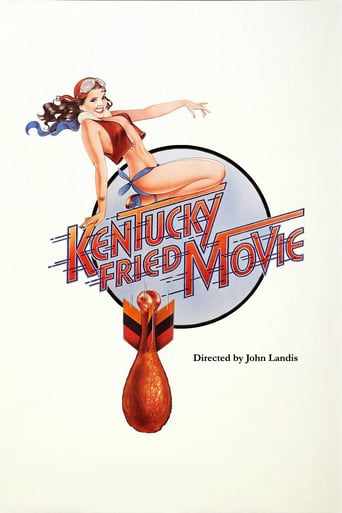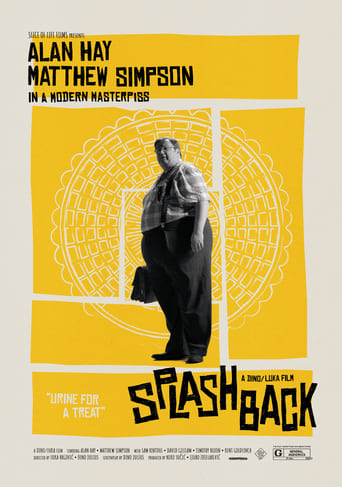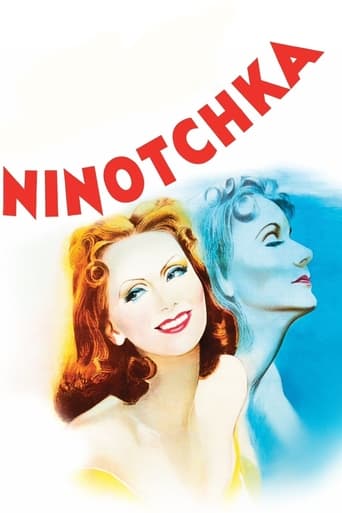
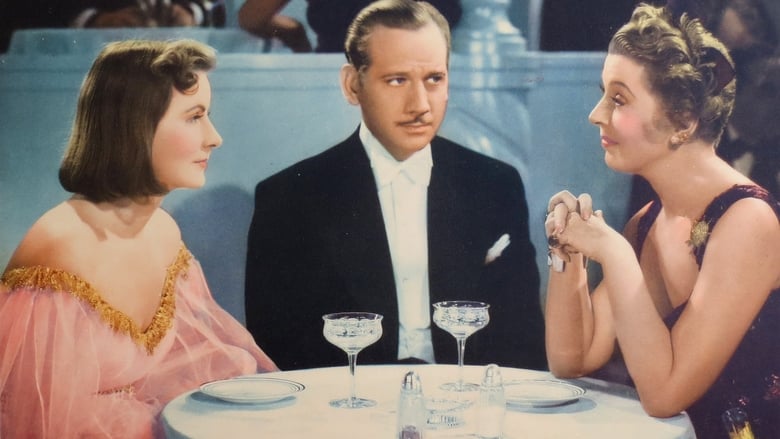
Ninotchka (1939)
A stern Russian woman sent to Paris on official business finds herself attracted to a man who represents everything she is supposed to detest.
Watch Trailer
Cast
Similar titles
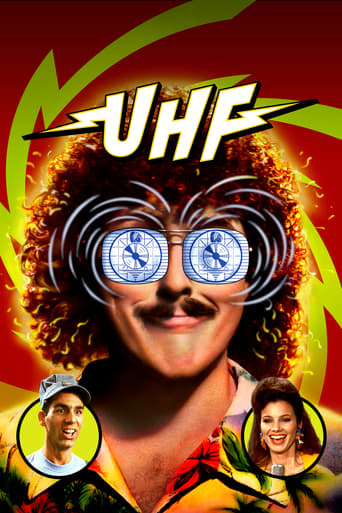
Reviews
You won't be disappointed!
An Exercise In Nonsense
There is, somehow, an interesting story here, as well as some good acting. There are also some good scenes
It's funny, it's tense, it features two great performances from two actors and the director expertly creates a web of odd tension where you actually don't know what is happening for the majority of the run time.
At the core of this film is a dispute between the French and the Russians over which nationality a certain set of rich jewelry belongs to. Three Russians have obtained the jewels (legally from what I understood) although technically they had belonged to a powerful individual from France. The leading actor plays a Frenchman who is trying to make a compromise for both sides, but the three Russians want a consultant for themselves, so they hire the titular Ninotchka, a Russian woman devoid of all joy and happiness.The Frenchman meets this woman before finding out she is the consultant for the Russians, and as if it was fate, he falls for her. He is persistent to spend time with her, and even realizes she does not enjoy life as she should, so he attempts to make her laugh, but there is no success until he does something unintentionally - he falls over a table in a restaurant and it makes everybody, including Ninotchka, to laugh themselves silly.After this incident, things seem to change for Ninotchka, and she even laughs during very serious matters such as while she consults the three Russians about the dispute at hand. She truly enjoys life now and she comes to like the man, Leon, a lot, and eventually falls in love. This doesn't come about without some struggles, of course, but the heart of the movie effectively tells us that life is definitely worth enjoying.This being a comedy, I wish there was more and better humor involved, but this movie is delightful in that its message is inspiring and still does fine without "better" comedy.3.0/4.0
If you love Greta Garbo and Ernst Lubitsch, there is no real reason why you shouldn't like Ninotchka. Both have done a little better, Garbo with Camille and Queen Christina and Lubitsch with Heaven Can Wait, The Shop Around the Corner and especially Trouble in Paradise, but Ninotchka is nowhere near either's lesser works, if anything it's up there with one of the best for both.As ever with Lubitsch, it looks fantastic, with gorgeous cinematography, lavish costumes and especially the sumptuous settings that doesn't swamp the actors at all. Lubitsch's direction is not as ground-breaking as it was in The Love Parade(an excellent film by the way and very historically important), but it is never less than masterly with the Lubitsch touch always present. Then again Lubitsch was a consistent director, who's even his lesser work like Monte Carlo has its virtues. It's well and sympathetically scored, the story while somewhat familiar is endlessly charming, heart-warming and good-humoured and the characters are surprisingly likable(even Melvyn's Douglas's). Greta Garbo is magnificent, showing a gift for comedy, and Melvyn Douglas in one of his best performances succeeds in making a not always sympathetic character likable and his comic timing is always solid to excellent. Ida Claire is wonderfully icy and Sig Ruman, Felix Bressart and Alexander Granach are very funny. The star though is the superb, always sparkling and often hilarious script, with one of the credits being none other than one of the best directors ever Billy Wilder. The café scene is just wonderful.To conclude, Ninotchka is another gem from Garbo and Lubitsch. 10/10 Bethany Cox
The movie starts very well, but ends badly. From the outset the movie is funny - full of great one-liners and social observations. Also a great political satire - mocking the evil of Soviet Russia and the naivety and stupidity of communism with some great satire. Capitalism doesn't get off scot-free either: the superficiality of some elements of it are also exposed.The opening few scenes also give a great insight into the European zeitgeist of the mid/late-1930s, especially the competing forces of capitalism, communism and fascism/nazism.From this auspicious start, a monumentally great movie was in the offing. However, from a point the movie takes itself far too seriously as a romantic drama. Instead of a political satire, or just plain comedy, it becomes a schmaltzy romantic drama, and a fairly predictable and conventional one at that.Even the humour becomes tired, predictable, more-of-the-same, rather than the fresh, sharp comedy from the first few scenes. The final few scenes are quite dull.It's as if the writer, the legendary Billy Wilder, ran out of ideas about half way through.Good performance by Greta Garbo as Ninotchka. Her cool, humourless impression of a Russian bureaucrat was something to behold. Melvyn Douglas is the clown to her straight guy, and does it very well. The three bumbling Russian officials are also played well.
My only other experience of Garbo was in the 1925 silent film "The Joyless Street", a rather somber picture that featured her charisma with strong body language and facial expressiveness. Apparently the tag line 'Garbo Laughs' was meant to convey a change in character from her ensuing screen roles, but it takes a while to get there. It's only when her charmingly aggressive suitor (Melvyn Douglas) falls out of his chair that the stuffy Nina Ivanova Yakushova breaks character and reveals a human being underneath a commissar's clothing.The film is billed as a comedy, but it's not of the laugh out loud variety. The film delivers it's humor in the witty dialog between Garbo and Douglas, along with the calculated antics of the three apparatchiks Ninotchka has been sent to spy on and see that their mission is successful. I don't know if the title 'Envoy Extraordinaire" was a legitimate one, but Garbo takes it seriously, to the point of declining a railroad porter to take her bags, citing the 'social injustice' of it all. There are a handful of these ideological viewpoints woven into the script; another was Ninotchka's observation that as a capitalist, Douglas's Leon D'Algout was the product of a doomed culture.Personally, I enjoyed the film, though I had a sense that it started to drag at the ninety minute mark or so. The resolution of the romance between Ninotchka and Leon would have required the Russian comrade to defect so in that respect it seemed somewhat contrived. But not any more so than having the Grand Duchess Swana (Ina Claire) simply give away her jeweled fortune to entice her rival away from Paris.
